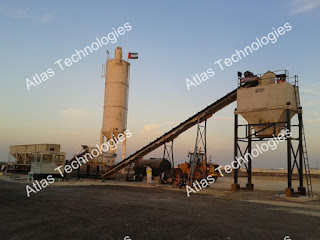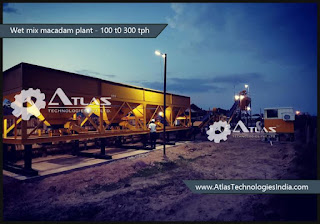Decanting machines are capable of extracting liquids from solids with great efficiency.
Decanting machines are versatile tools used in various industries to separate liquids from solids while maintaining the purity and quality of the liquid being transferred. They offer efficiency, automation, and scalability, making them valuable assets in industrial processes where liquid separation is required.
Decanting machines are devices used to transfer liquids from one container to another without disturbing any sediment or impurities that may have settled at the bottom. They are commonly used in various industries, such as winemaking, brewing, oil refining, chemical manufacturing, and pharmaceutical production.
The primary purpose of decanting machines is to separate the clear liquid portion from any solid particles or sediments present in the original container. This process is known as decantation. Decanting machines use various mechanisms to achieve this, depending on the specific application and the nature of the liquid being handled.
Some decanting machines use centrifugal force to separate the liquid from the solids. The liquid is spun rapidly, creating a centrifugal force that causes the sediment to settle at the bottom while the clear liquid rises to the top. The two components are then separated by carefully controlling the flow of the liquid.
Other decanting machines use gravity to achieve the separation. The liquid is allowed to settle in a container, and then the clear liquid is carefully siphoned or drained off, leaving the sediment behind.
In some cases, decanting machines may incorporate filtration systems to further remove any remaining impurities from the liquid before it is transferred to the new container.
Decanting machines can vary in size and complexity, ranging from small-scale machines used in laboratories or small-scale production facilities to large, automated systems used in industrial settings. The choice of decanting machine depends on factors such as the volume of liquid to be transferred, the level of automation required, and the specific requirements of the process.
It's worth noting that while decanting machines can be highly efficient in separating liquids from solids, they may not be suitable for all applications. Some liquids may require more specialized techniques or equipment to achieve the desired level of separation and purity. Therefore, it's important to consider the specific requirements of your application when selecting a decanting machine.




Comments
Post a Comment